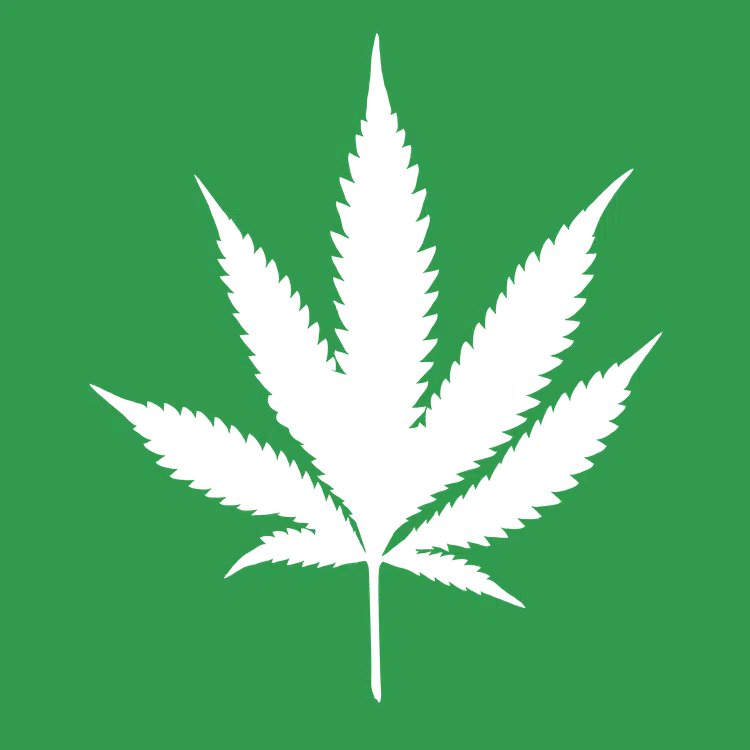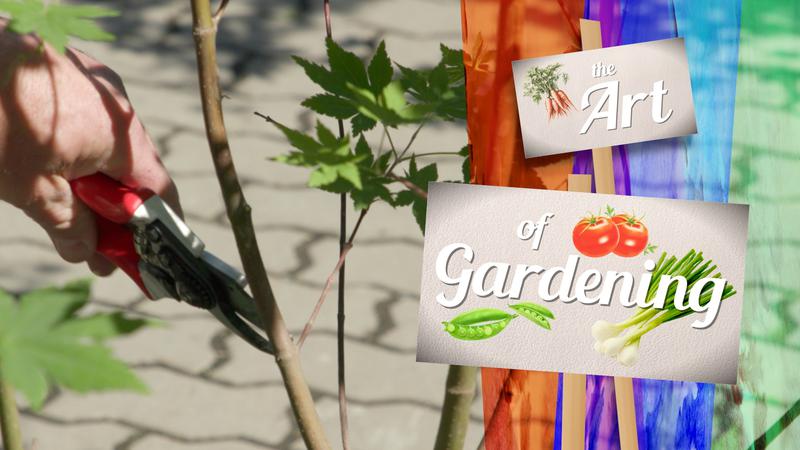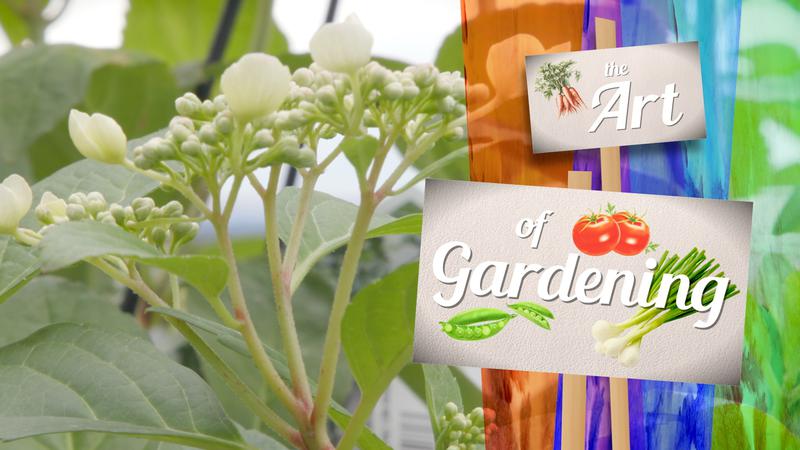
Legal pot and the impact on sport
KAMLOOPS — Cannabis, marijuana, weed, pot, B.C. bud, giggle smoke — whatever you want to call it — became legal in Canada this week.
But not for everyone.
In B.C. anyone under 19 isn’t allowed to buy or use it, but minors aren’t the only ones on the do-not-use list.
The Canadian Anti-Doping Program is compliant with the World Anti-Doping Code and its international standards relating to doping in sports. Cannabis is on the World Anti-Doping Agency don’t do list. WADA sees it as a potential to enhance performance and a risk to the health of athletes, that impacts, excuse the pun, high-level sport.


